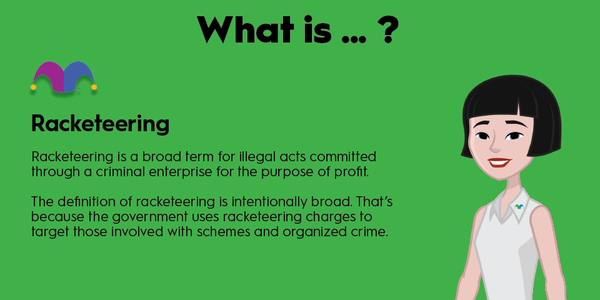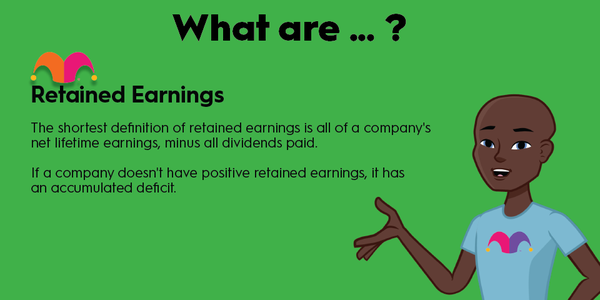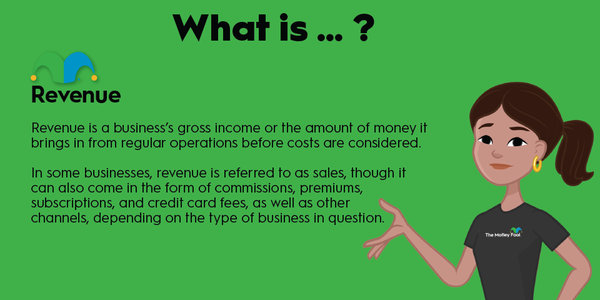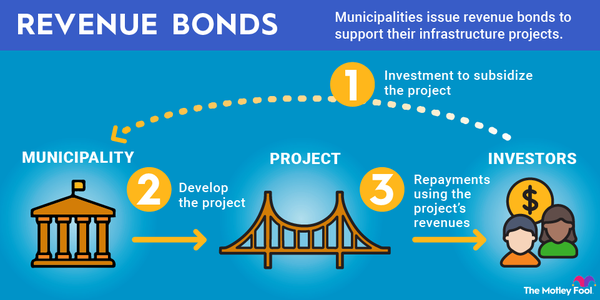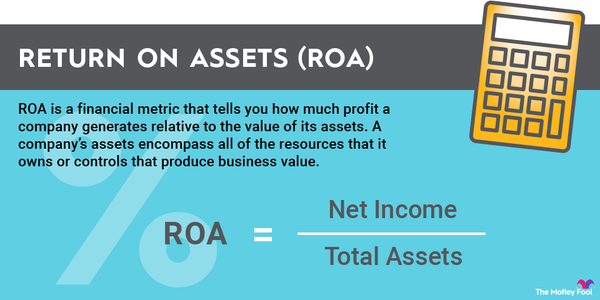When a company discloses important information to financial analysts or Wall Street investors, it is required to make that information simultaneously available to the public, in accordance with the Securities and Exchange Commission's (SEC) Regulation Fair Disclosure, otherwise known as Reg FD.

This rule is designed to prohibit selective, private disclosure of relevant information by publicly traded companies. Selective disclosure occurs when companies release material information related to financial performance or other significant circumstances to financial professionals before releasing that information to the general public.
Reg FD doesn't require public companies to disclose information, but it simply prohibits them from disclosing material information to certain investors first. Material information is anything that could influence an investor to buy or sell a company's securities.
A brief history of Regulation Fair Disclosure
A brief history of Regulation Fair Disclosure
Before the passage of Reg FD, individual investors were often the last to learn the details of new products, receive warnings about earnings shortfalls, or be notified about management changes. Professional financial institutions enjoyed substantial information advantages and were often the same entities delivering financial news to rest of the marketplace. The investing arms of these institutions profited by using not yet public information to make stock purchase and sale decisions.
In October 2000, the SEC ruled that selective disclosures violate the spirit of public markets and implemented Regulation Fair Disclosure. Many influential players in the financial services industry strenuously objected and claimed that Regulation FD increases stock market volatility, stifles corporate disclosure, erodes the relationships between public companies and their financiers, and reduces the quality of available information.
But Regulation FD was hailed as a huge victory for individual investors, and one factor that led to the rule's passage was their overwhelming support. The SEC received thousands of comments from investors, making the public response to Reg FD the largest the agency had ever experienced at that time. Many of those responses were submitted to the SEC through The Motley Fool, with 65% of the letters coming from Fools.
Then-SEC Chairman Arthur Levitt, who visited Fool headquarters shortly after Reg FD was passed, told The Wall Street Journal that Regulation FD would have never happened without the support from Fools. "They come as close to being an effective investor advocate as any organization in America," he said.
How do companies comply with Reg FD?
How do companies comply with Reg FD?
Reg FD applies only to publicly traded companies and persons acting on their behalf, such as senior company officials and executives who communicate with investors.
Companies comply with Reg FD by taking care not to selectively disclose information. Filing a Form 8-K with the SEC is generally how companies convey identical information to analysts, institutional investors, and the public. Other ways of publicizing material information can include, in certain circumstances, issuing news releases, publishing information on the company's website, or posting on social media.
If a company unintentionally discloses material information to a select group of investors, then it must publicize the same information either within 24 hours or before the start of the next trading day on the New York Stock Exchange.
Related investing topics
Regulation FD enforcement
Regulation FD enforcement
While a large number of companies must comply with this fair disclosure regulation, enforcement of Reg FD violations is relatively rare. One example of a company allegedly violating Reg FD is AT&T (T 1.88%), which the SEC charged in March 2021. The SEC complaint alleges that AT&T executives, faced with disappointing smartphone sales, made private phone calls to analysts at about 20 different firms in an attempt to influence the consensus revenue estimate. The SEC claims that many analysts, as a result of receiving a phone call, lowered their revenue estimate. AT&T has denied the allegations.
Companies that violate Reg FD, along with the individuals responsible for a violation, can face SEC injunction and fines and may be required to publicly disclose the violation. But private plaintiffs, including shareholders, are prohibited from suing companies over violations of Reg FD.


